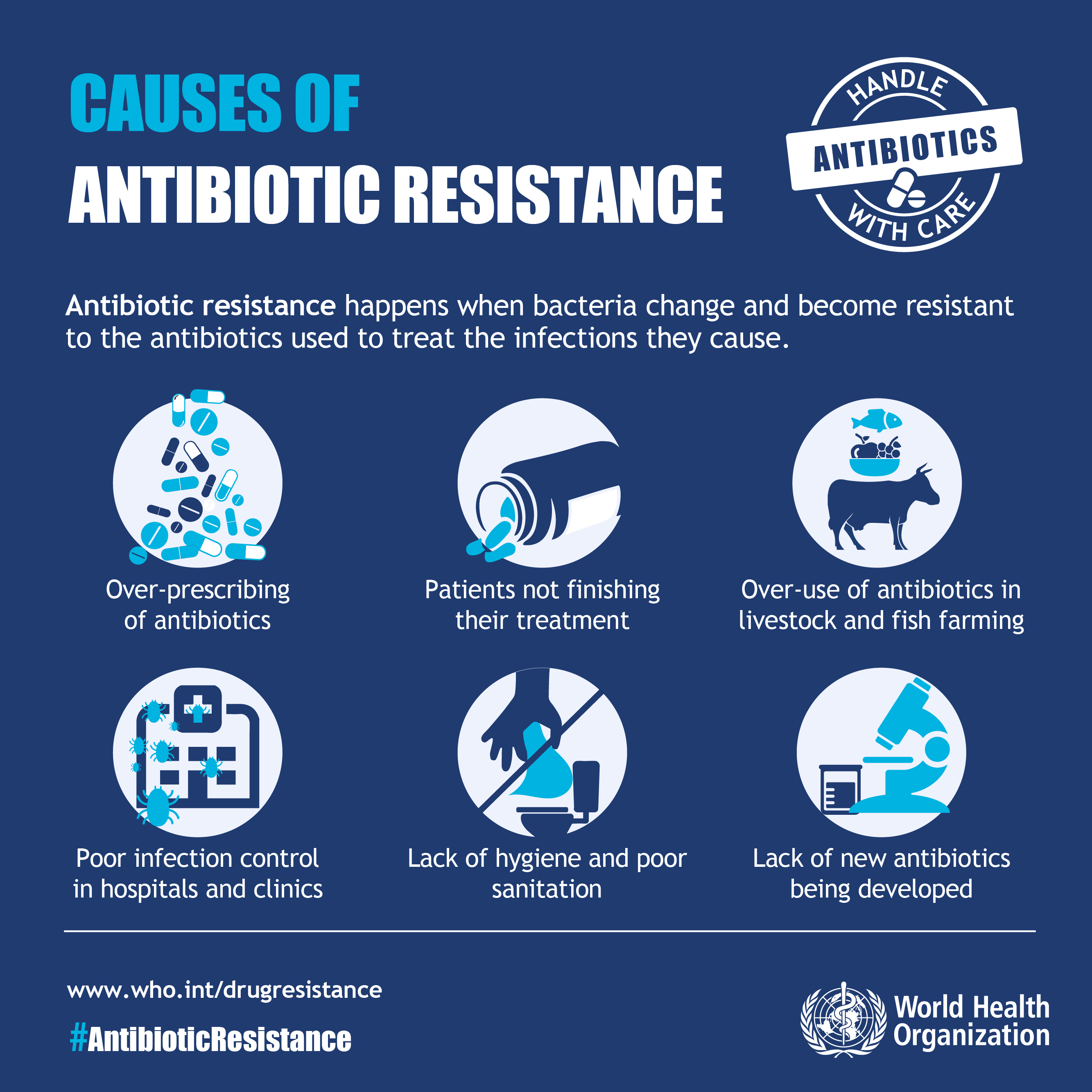Report of Codex AMR meeting published
The Codex Secretariat has published the report of the working group on AMR hosted by the UK and co-chaired by the USA and Australia that met in London from 29 November to 2 December 2016. The report is available online as a working document of the 40th Codex Alimentarius Commission which will take place in Geneva in July.
Broad consensus
The London meeting completed the tasks set by the 2016 Commission and carried out the initial ground work for the Codex Task Force on antimicrobial resistance which will begin its discussions later in 2017. UK Chair Steve Wearne concluded that extensive discussion had "allowed the working group to achieve a broad consensus on the tasks they had been set on AMR".
New Taskforce to tackle emerging global threat
Hosted by the Republic of Korea, the task force will review and revise the 2005 Code of Practice to Minimize and Contain Antimicrobial Resistance, broadening its scope to address all uses of antimicrobials in agriculture, right across the food chain. It will also provide Codex members with guidance on the design and implementation of a programme for integrated surveillance of AMR. If countries use the same methods for monitoring AMR then surveillance data and trends from different countries or regions can be more easily compared in the fight against this global threat.
This work is particularly relevant to Codex both in its mandate to protect the health of consumers and in its global strategy to address current and emerging food issues.
The London meeting also considered the key issues to be addressed when the Codex parent organisations FAO and WHO, in collaboration with OIE, will provide scientific advice on AMR to support the revision of the 2005 Codex code of practice.
Report
The London report can be downloaded from the CAC40 meeting page on the Codex website

At the heart of the Codex mandate are the core values of collaboration, inclusiveness, consensus building and transparency. Governmental and non-governmental, public and private organizations alike play a vital role in ensuring Codex texts are of the highest quality and based on sound science.
Codex would have little authority in the field of international standard setting if it did not welcome and acknowledge the valuable contributions made by observers. Expert technical bodies, industry and consumer associations
contribute to the standard-setting process in a spirit of openness, collaboration and transparency.
Intergovernmental organizations (IGOs) and international non-governmental organizations (NGOs) can apply for observer status in Codex in order to attend and put forward their views at every stage of the standard-setting process.
 Current Codex Alimentarius Commission
Current Codex Alimentarius Commission
Report of Codex AMR meeting published
The Codex Secretariat has published the report of the working group on AMR hosted by the UK and co-chaired by the USA and Australia that met in London from 29 November to 2 December 2016. The report is available online as a working document of the 40th Codex Alimentarius Commission which will take place in Geneva in July.
Broad consensus
The London meeting completed the tasks set by the 2016 Commission and carried out the initial ground work for the Codex Task Force on antimicrobial resistance which will begin its discussions later in 2017. UK Chair Steve Wearne concluded that extensive discussion had "allowed the working group to achieve a broad consensus on the tasks they had been set on AMR".
New Taskforce to tackle emerging global threat
Hosted by the Republic of Korea, the task force will review and revise the 2005 Code of Practice to Minimize and Contain Antimicrobial Resistance, broadening its scope to address all uses of antimicrobials in agriculture, right across the food chain. It will also provide Codex members with guidance on the design and implementation of a programme for integrated surveillance of AMR. If countries use the same methods for monitoring AMR then surveillance data and trends from different countries or regions can be more easily compared in the fight against this global threat.
This work is particularly relevant to Codex both in its mandate to protect the health of consumers and in its global strategy to address current and emerging food issues.
The London meeting also considered the key issues to be addressed when the Codex parent organisations FAO and WHO, in collaboration with OIE, will provide scientific advice on AMR to support the revision of the 2005 Codex code of practice.
Report
The London report can be downloaded from the CAC40 meeting page on the Codex website

 Codex and Observer
Codex and Observer
around the world since ancient times.
We might not always know where it comes from,
but we expect it to be available, safe and of good quality.









Leave a comment